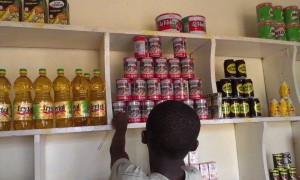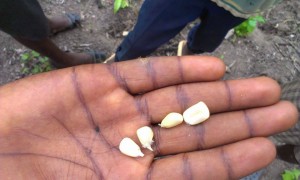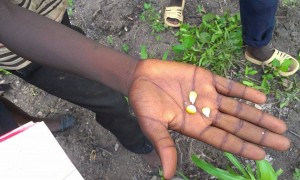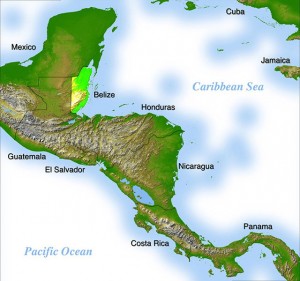 Parental Involvement in Children’s mathematics learning: Case of Nkanfoa, South Western part of Ghana.
Parental Involvement in Children’s mathematics learning: Case of Nkanfoa, South Western part of Ghana.
Kwesi Yaro, masters student (Mathematics Education)
This study reports a case study I carried out in Nkanfoa rural Community in Cape Coast, South-western part of G hana. The study focused on parents from diverse social, cultural, economic backgrounds with low formal education and how these parents support their grade four children’s mathematics learning. In this study, fourteen respondents, comprising of three parents with low formal education, their 8-9 year old children as well as the children’s classroom teachers (one from each of the two rural basic schools), participated in semi-structured individual face to face interviews. In addition, home observations were used to gather data.
hana. The study focused on parents from diverse social, cultural, economic backgrounds with low formal education and how these parents support their grade four children’s mathematics learning. In this study, fourteen respondents, comprising of three parents with low formal education, their 8-9 year old children as well as the children’s classroom teachers (one from each of the two rural basic schools), participated in semi-structured individual face to face interviews. In addition, home observations were used to gather data.
Descriptive analysis seems to suggest that teachers appear to down play the potential of parents with low formal education in contributing to their children’s mathematics learning. However, these parents with low formal education were able to describe ways they engage their children (8-9 years) in mathematics at home through informal activities, interactions, and games. Most importantly, it was featured prominently that participation throu gh mentorship and engagement in local business transactions is used as learning as well as an evaluation context for one’s mathematics competence. Parents irrespective of their low or no form
gh mentorship and engagement in local business transactions is used as learning as well as an evaluation context for one’s mathematics competence. Parents irrespective of their low or no form al education seems to value the social justice aspect a “good mathematics” can have. Thus, “Giving and receiving correct change” is perceived a key determinant or characteristic of one’s moral standing in ensuring fairness to others as well as a promise of future success in mathematics and education in general.
al education seems to value the social justice aspect a “good mathematics” can have. Thus, “Giving and receiving correct change” is perceived a key determinant or characteristic of one’s moral standing in ensuring fairness to others as well as a promise of future success in mathematics and education in general.
Implication for Practice
This study reports several examples of the informal activities, conversations, and games in which parents from diverse socio-cultural backgrounds, who are neither mathematics educators nor literates, engage their young children (8-9 years), the study rekindles the conversation on the crucial role parents may/do still play in enhancing their children’s math ematics learning at home, irrespective of parents’ formal mathematics competencies.
ematics learning at home, irrespective of parents’ formal mathematics competencies.





